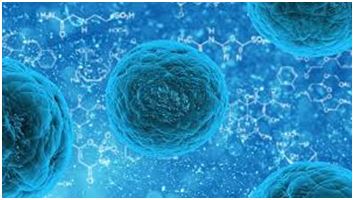Virtual Tour Of LifeLine (VR-360)

It was the first randomized, double-blinded, placebo-controlled trial performed in the United States to assess the feasibility of treating autistic children by using their own newborn cord blood harvested from their banked umbilical cord.
Singapore – A first-of-its-kind double-blinded, crossover study of children with autism who were treated with their own cord blood showed the treatment to be safe and suggests improvement in socialization.

The study, which was published in the medical journal Stem Cells Translational Medicine, involved 30 children and was conducted by Michael Chez, M.D., the primary investigator who designed the study that was carried out through the Sutter Neuroscience Institute of Sacramento and the Sutter Institute for Medical Research, with research grant funding by Cord Blood Registry. It was the first randomized, double-blinded, placebo-controlled trial performed in the United States to assess the feasibility of treating autistic children by using their own newborn cord blood harvested from their banked umbilical cord.
One of the most exciting outcomes of the study, said Dr. Chez, who is with Sutter Neuroscience Institute, involved successful treatment and blinding of parents and investigators, and safety and tolerability of the treatment in this autistic patient population. Trends toward improvements in areas such as socialization and language were observed.
"The Vineland Adaptive Behavior Scale for Socialization, one of the tests commonly used to measure real-world functional abilities, showed significant improvement after 12 weeks of cord blood treatment over placebo," Dr. Chez said. However, when correcting for possible statistical chance when looking at many outcome variables, this observed significance no longer reached significance, probably due to variables such as only 30 patients in this pilot research study.
The study also mirrored a recent non-blinded, open-label Duke University trial that showed similar Vineland Socialization score improvements while also demonstrating that the use of autologous cord blood is safe for the children through intravenous infusions.
Parents contacted about the study were pleased with the improvements they saw in their children.
CBR, which funded the study, has long been committed to supporting research on the use of cord blood to treat a variety of diseases from cerebral palsy and autism to hearing loss and Type I diabetes.
Source: Original Article
LFLN REF:06032018 P.88